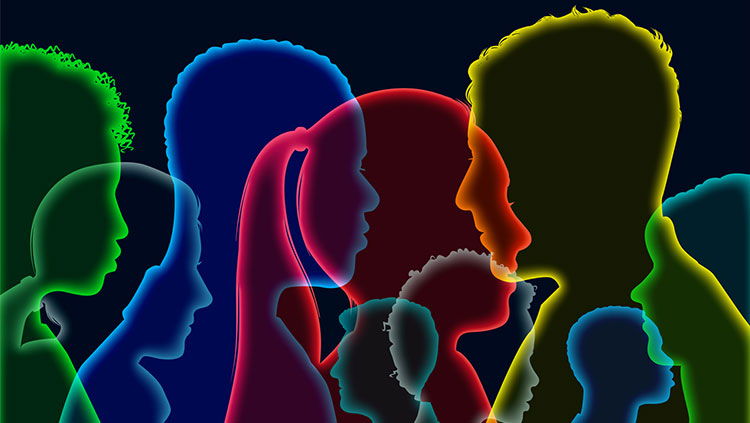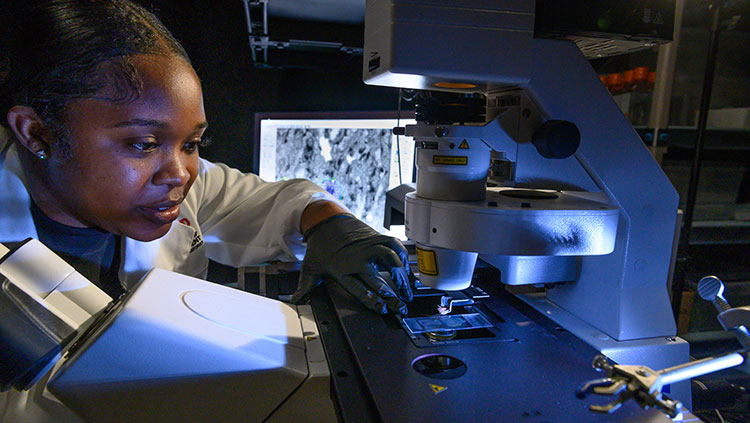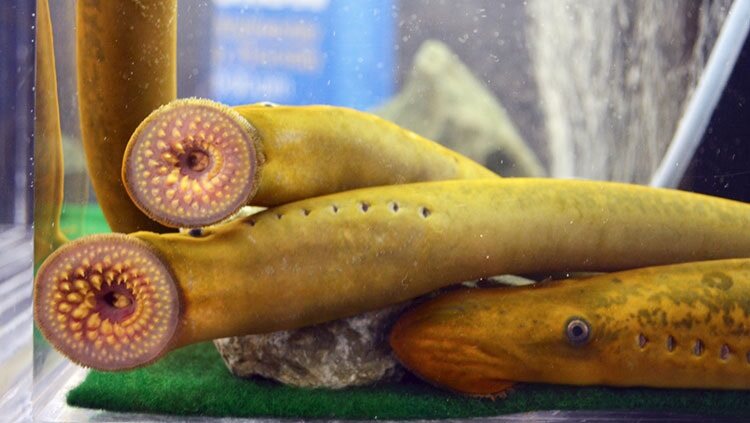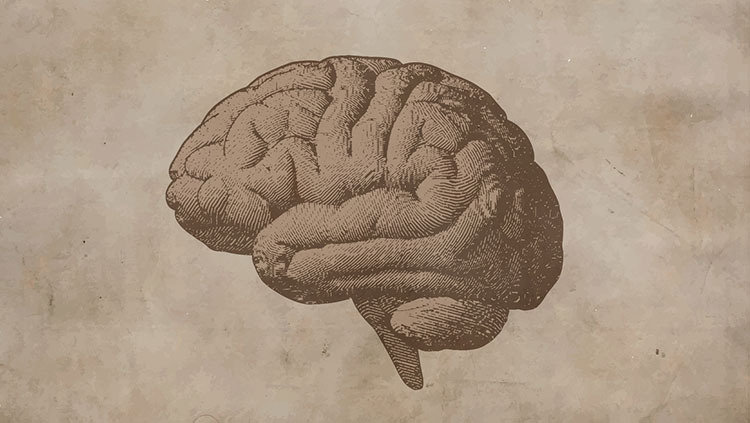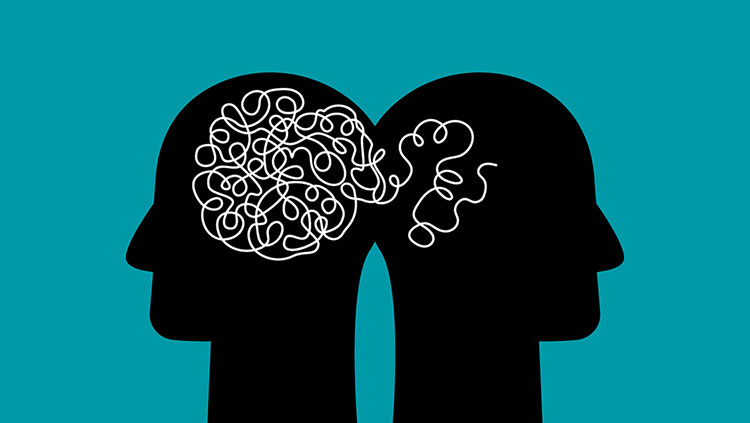ICYMI: Love Conquers Experiment: Prairie Voles Born Without Oxytocin Receptors Still Pair Bond, Upending Decades Of Dogma
- Published9 Feb 2023
- Author Christine Won
- Source BrainFacts/SfN
For over three decades, oxytocin has been touted as “the love hormone,” credited with driving social behaviors like snuggling, grooming, and pair bonding in prairie voles.
However, a new genetic study suggests the rodents — long known for their tendency to cuddle and mate for life — will permanently bond with their partner, oxytocin or not. The potentially field-altering findings were published January 27 in Neuron.
Prairie voles, the furry, cuddly model of monogamy, have long been the animal model of choice for researchers investigating social behavior. In study after study, previous research corroborated this strong link between the rodents’ loving behavior and oxytocin: Triggering oxytocin sparked lovey-dovey affection, while blocking it elicited rejection behaviors.
So when researchers used CRISPR gene editing to eliminate oxytocin receptors in fertilized eggs of pregnant prairie voles, they expected to see corresponding loveless behavior like rebuffing mates or neglecting offspring. However, despite the lack of oxytocin receptors, these voles continued loving up their mates and pups, upending decades of research dogma rooted in the once-sure connection between pair bonding and oxytocin.
The results so baffled scientists they repeated the tests three times to net the same results.
Big Picture: So the connection between oxytocin and pair bonding may not be as cut-and-dry as previously believed. There may be a couple explanations for this.
It is possible that oxytocin has more than one hormone receptor it can bind to, which is something other studies have previously suggested.
Or — more radically — when oxytocin, lacking its normal receptors, became more or less defunct, that in turn forced other parts of the brain to adapt and rewire to make up for its absence. This would make sense from an evolutionary standpoint as the prairie vole survival depends on pair bonding.
In this latest study, the oxytocin receptor was removed before birth by gene editing, whereas previous experiments had blocked the receptors in adult animals. Like with love, it could be a matter of timing.
Read More: Scientists Tried to Break Cuddling. Instead, They Broke 30 Years of Research. The Atlantic
More Top Stories
- How often adolescents check their social media may affect their brain development. A study evaluating the social media behavior of 169 sixth and seventh graders for three years via annual fMRIs showed brains of those who checked their social media more changed to become more sensitive to social feedback. CNN
- Health records of almost 2 million people with COVID-19 in Israel showed most symptoms after a mild case — fatigue, shortness of breath, loss of smell, loss of taste — lingered for several months but resolved within a year. Bloomberg
- In 2002, the brains of 40 dogs told a tale of two places: Rural dogs had healthy-looking brains, while eight-month-old puppies from the city showed signs of neurodegeneration. Now, researchers suspect the potential mechanisms involve differences on how microscopic particles of pollution enter the brain through the nose: hitching a faster route through the nasal cavity and traveling directly to the olfactory bulb where the death of neuronal cells begin. STAT
- Researchers identified a shared brain circuitry network that may be the basis of six psychiatric disorders: addiction, anxiety, depression, schizophrenia, bipolar disorder, and obsessive-compulsive disorder. Live Science
- Older adults in the U.S. who are socially isolated had a 27% higher risk of developing dementia than their peers who had more social engagement. NPR
- Unlike its rivals, Eli Lilly failed to get the FDA’s accelerated approval for its experimental Alzheimer’s therapy, donanemab. The agency is requesting safety data on at least 100 patients who received the drug for at least a year after the company submitted an application based on a smaller study that allowed some to discontinue treatment after six months. Meanwhile, Eisai and Biogen have already applied for full clearance of their amyloid-reducing drug, Leqembi. Bloomberg
- The world of artificial intelligence got a big boost with the latest hype over ChatGPT, or Chat Generative Pre-trained Transformer — the language-generating chatbot that is taking over the news, classrooms, and conversations as it writes essays, passes bar exams, fixes computer code, and even composes ballads. Axios
- Mindfulness practices such as breathing exercises seemed to reduce anxiety as effectively as escitalopram — a common anti-anxiety medication — after eight weeks, according to a study of 208 participants. Washington Post
- Just six to nine minutes of moderate to vigorous activity may improve cognitive skills like problem-solving, processing speed, and short-term memory — with benefits ballooning the longer people work out. Comparatively, those spending more time sitting, sleeping, or being idle may experience cognitive decline. CNN
- Being exposed to diesel exhaust for even two hours caused a sharp decline in functional connectivity in the brain. The Hill
- Video playback experiments showed people correctly interpreted the gestures of bonobos and chimpanzees more than 50% of the time, suggesting humans share some elements of a common language with wild apes. BBC
CONTENT PROVIDED BY
BrainFacts/SfN



